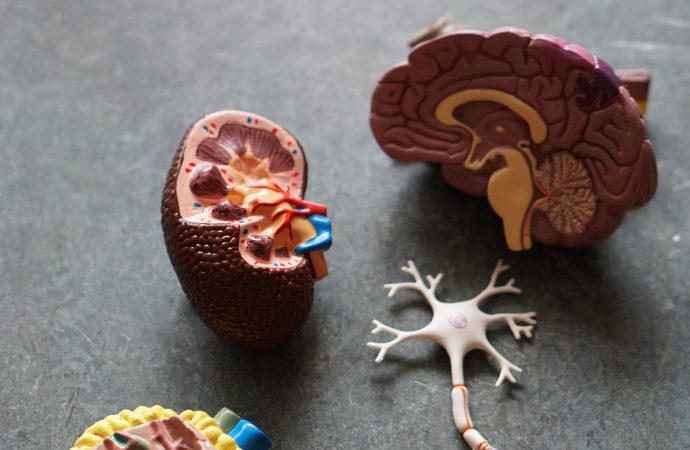Chronic kidney disease (CKD) is a serious and life-changing condition that can have a significant impact on an individual’s physical health. However, it is important to also recognize the emotional toll that CKD can take. Coping with stress, anxiety, and depression is a common challenge for individuals with CKD, but there are strategies and resources
Chronic kidney disease (CKD) is a serious and life-changing condition that can have a significant impact on an individual’s physical health. However, it is important to also recognize the emotional toll that CKD can take. Coping with stress, anxiety, and depression is a common challenge for individuals with CKD, but there are strategies and resources available to help.
Stress and anxiety can be common among individuals with CKD due to the impact that the condition can have on daily life. For example, managing medications, appointments, and dietary restrictions can be challenging and overwhelming. Additionally, the uncertainty and fear surrounding the progression of the disease can contribute to feelings of stress and anxiety.
Depression is also a common issue for individuals with CKD. In fact, studies have shown that individuals with CKD have a higher risk of developing depression than the general population. This may be due to the impact that the condition can have on an individual’s quality of life and the sense of loss and grief that can come with a chronic illness.
So, what can individuals with CKD do to cope with these emotional challenges? One important step is to recognize the impact that the condition is having on emotional well-being and seek support. This may include talking to a healthcare provider or mental health professional, joining a support group, or connecting with friends and family.
Another important strategy is to practice self-care. This may include engaging in activities that bring joy and relaxation, such as hobbies or mindfulness exercises. It may also involve taking steps to prioritize physical health, such as getting enough sleep and exercise, and following a healthy diet.
In addition to these strategies, there are resources available to help individuals with CKD manage stress, anxiety, and depression. For example, the National Kidney Foundation offers a variety of resources, including educational materials, support groups, and a helpline. The American Association of Kidney Patients also offers a variety of resources and support services.
It is important to remember that managing the emotional challenges of CKD is a process that takes time and effort. However, with the right strategies and resources, it is possible to maintain emotional well-being and quality of life.
In conclusion, coping with stress, anxiety, and depression is a common challenge for individuals with chronic kidney disease. However, there are strategies and resources available to help. Recognizing the impact of the condition on emotional well-being, seeking support, practicing self-care, and utilizing resources such as support groups and helplines can all be important steps in managing the emotional side of CKD.

















Leave a Comment
Your email address will not be published. Required fields are marked with *